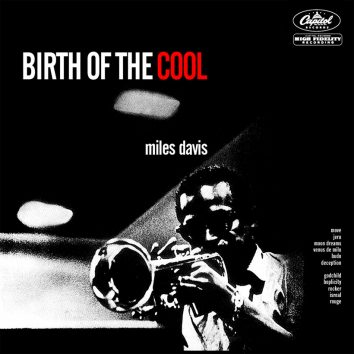Immanuel Wilkins Releases New Song And Video, ‘Don’t Break’
‘The 7th Hand’ is out January 28.

Alto saxophonist and composer Immanuel Wilkins has released “Don’t Break,” the 2nd single to be revealed from his forthcoming album The 7th Hand, due out January 28 on Blue Note Records.
The track features Wilkins’ quartet with Micah Thomas on piano, Daryl Johns on bass, and Kweku Sumbry on drums plus the Farafina Kan percussion ensemble. The video for the two singles “Emanation/Don’t Break” directed by interdisciplinary artist and filmmaker Cauleen Smith is out now.
Click to load video
Earlier this week on NPR Morning Edition, critic Nate Chinen named The 7th Hand one of his most anticipated releases of 2022, calling Wilkins “one of the most compelling instrumentalists in improvised music.” In a rave 4-star MOJO review of the album, Charles Waring wrote “Even though his career is just taking off, Wilkins already looks set to join the small pantheon of great alto saxophonists that includes Charlie Parker, Cannonball Adderley, Eric Dolphy and Jackie McLean… The 7th Hand embodies contemporary jazz at its most thrilling.” It’s the follow-up to Wilkins’ widely acclaimed debut Omega which was named the No.1 Jazz Album of 2020 by Giovanni Russonello in The New York Times.
Wilkins’ music is filled with empathy and conviction, bonding arcs of melody and lamentation to pluming gestures of space and breath. The 7th Hand is a seven-movement suite of new original pieces that explores relationships between presence and nothingness. “I wanted to write a preparatory piece for my quartet to become vessels by the end of the piece, fully,” says the Brooklyn-based, Philadelphia-raised artist who Pitchfork said “composes ocean-deep jazz epics.”
While writing, Wilkins began viewing each movement as a gesture bringing his quartet closer to complete vesselhood, where the music would be entirely improvised, channeled collectively. “It’s the idea of being a conduit for the music as a higher power that actually influences what we’re playing,” he says. The 7th Hand derives its title from a question steeped in Biblical symbolism: If the number 6 represents the extent of human possibility, Wilkins wondered what it would mean — how it would sound — to invoke divine intervention and allow that seventh element to possess his quartet.










